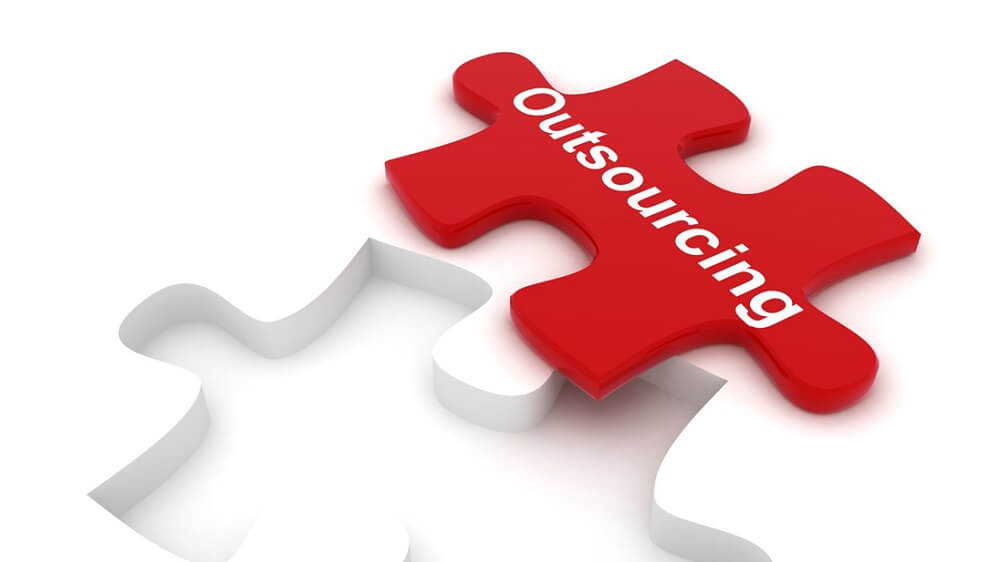If you’re a small law firm, the thought of outsourcing any part of your work can be daunting. After all, you only have so many billable hours in a day, and every minute counts when you’re trying to keep your business afloat. Outsourcing legal work can be a great way to free up some time so you can focus on revenue-generating tasks, but it’s important to do your research before taking the plunge. This guide will walk you through everything you need to know about outsourcing legal work so that you can make the best decision for your firm.
What is Legal Outsourcing?
Legal outsourcing is the process of hiring an outside firm or individual to handle some or all of your legal work. This can include tasks like document review, research, drafting pleadings or briefs, and more. Many firms choose to outsource work that is considered “non-essential” or “non-billable,” like administrative tasks, in order to free up time for billable work.
Outsourcing legal work can be a great way to improve your firm’s efficiency and bottom line. Moreover, a legal process outsourcing company can also help you maintain a better work-life balance. If you’re feeling overwhelmed by your workload, outsourcing some of your legal work may be the best solution. This will not only free up some of your time, but it can also help reduce your stress levels.
How to Choose the Right Outsourcing Partner?
Choosing the right outsourcing partner is essential to the success of your project. When selecting a legal outsourcing provider, you should consider the following factors:
1. Area of Expertise
When looking for a legal outsourcing partner, it’s important to find a provider that specializes in the type of work you need to be done. Not all legal outsourcing providers offer the same services, so it’s important to find one that has experience with the specific type of project you’re working on. For instance, an incident response services provider will have different expertise than a provider that specializes in eDiscovery. They focus on two different areas of law, so it’s important to find a provider that has experience with the type of work you need to be done.
2. Size of the Provider
The size of the legal outsourcing provider is also an important consideration. If you’re working on a large project, you’ll want to make sure the provider you choose has the resources to handle your project. On the other hand, if you’re working on a smaller project, you may want to consider a smaller provider. The size of the provider will also affect the price you pay for their services.
3. Location
Location is another important consideration when choosing a legal outsourcing provider. Many firms prefer to work with providers that are located in their own country. This can be for reasons of security, data privacy, or simply because it’s easier to communicate with someone who is located in the same time zone. In comparison, some firms are more open to working with providers that are located in different countries. The important thing is to find a provider that is located in a country that has laws that are compatible with your own.
The Bottom Line
Outsourcing legal work can be a great way to improve your firm’s efficiency and bottom line. However, it’s important to do your research and choose the right outsourcing partner. This guide should help you get started on your search for the perfect legal outsourcing provider.









